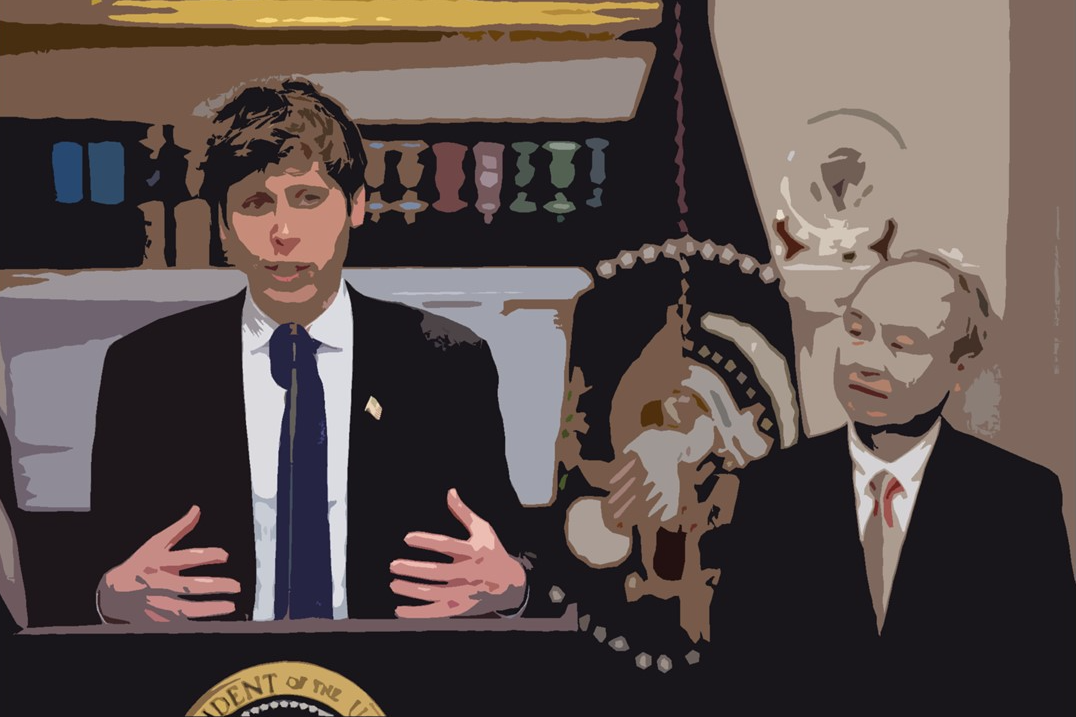2025-01-30

SoftBank is reportedly in discussions
to invest as much as $25 billion in OpenAI, a move that would make the Japanese
tech giant the largest financial backer of the ChatGPT maker.
The investment is expected to be part
of a larger partnership that could see SoftBank spending over $40 billion on AI
initiatives with OpenAI.
This comes after both companies
announced last week their plans to jointly invest $100 billion in
"Stargate," a U.S.-based data center project.
The initiative, backed by SoftBank and
OpenAI, has the potential to expand up to $500 billion over the next four
years.
SoftBank is set to allocate between $15
billion and $25 billion directly into OpenAI, in addition to its previously
committed $15 billion toward the Stargate project.
OpenAI itself plans to invest around
$15 billion in Stargate, with SoftBank's funding likely covering the AI firm's
financial commitments.
If the deal is finalized, it will mark
one of the largest investments ever made by SoftBank founder Masayoshi Son,
surpassing the $16 billion previously injected into the failed WeWork venture.
Son has long been vocal about his
ambitions in AI, viewing the technology as the key to developing
"superintelligence"—machines with cognitive capabilities exceeding
those of humans.
The potential SoftBank-OpenAI deal is
taking shape amid significant shifts in the AI landscape.
OpenAI has been actively exploring ways
to diversify its computing resources and reduce reliance on Microsoft, which
has been its main backer since 2019.
As part of the Stargate agreement,
Microsoft recently agreed to relinquish its status as OpenAI’s exclusive cloud
provider.
Additionally, SoftBank's ambitions in
AI extend beyond data centers.
The company has interests in
semiconductor designer Arm, which it hopes will play a role in developing AI
chips for future projects.
The AI industry has seen fresh
disruptions in recent weeks, particularly with the emergence of the Chinese AI
firm DeepSeek.
The company’s release of its R1
“reasoning” model, developed on a modest budget, has sparked concerns among
investors about the need for massive AI hardware investments.
Nvidia, a leading AI chipmaker, saw its
market value drop by as much as $589 billion in a single day before recovering
slightly.
Adding to the controversy, OpenAI has
accused DeepSeek of using its proprietary models to train the R1 system through
a process known as “distillation,” which allows AI developers to replicate
high-performance models at a fraction of the cost.
If true, this could violate OpenAI’s
terms of service, which prohibit using its outputs to develop competing models.
SoftBank’s investment talks with OpenAI
are ongoing, with details yet to be finalized.
The AI startup, which reached a
valuation of $157 billion last year, is also considering a transition into a
for-profit entity to attract additional capital.
As AI development intensifies,
SoftBank's deepening ties with OpenAI could further positioning the Japanese
conglomerate as a dominant player in the race for artificial intelligence
supremacy.